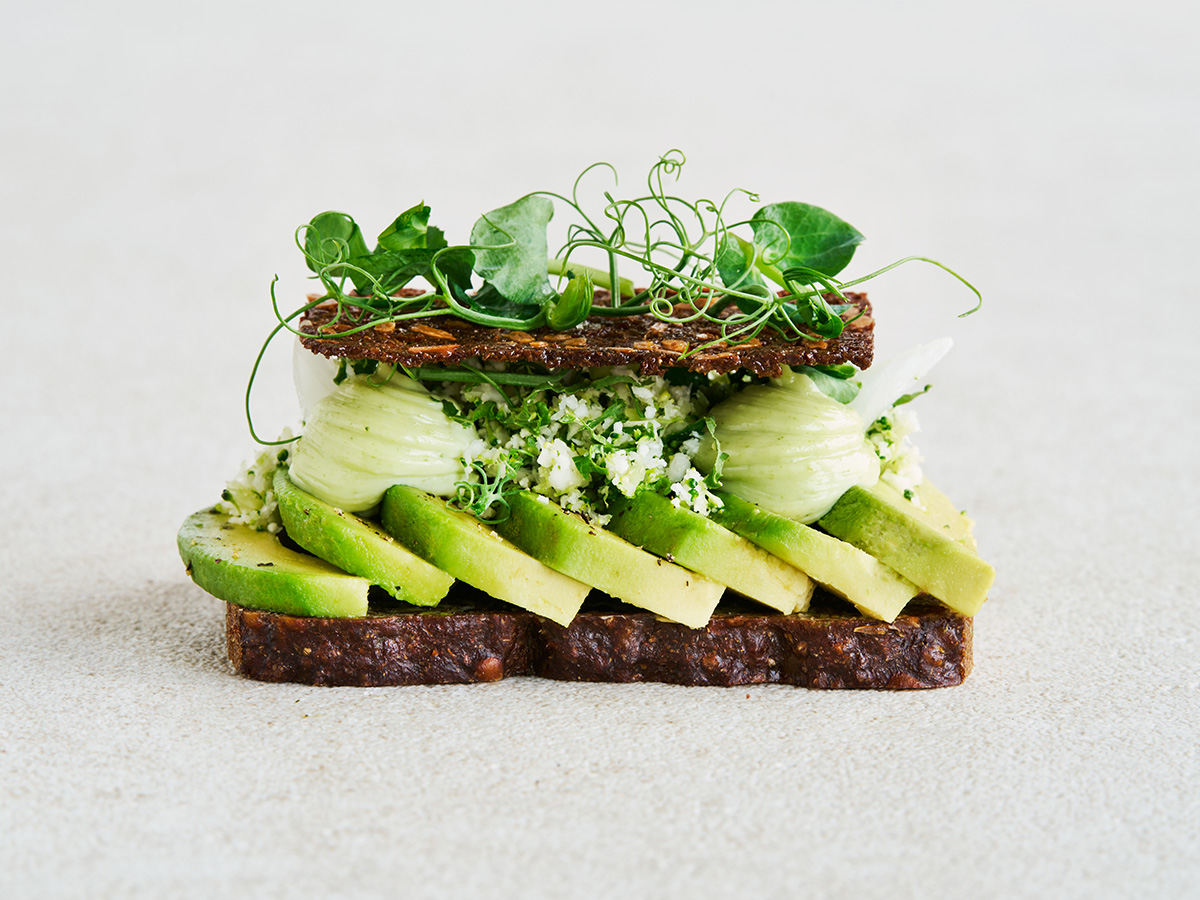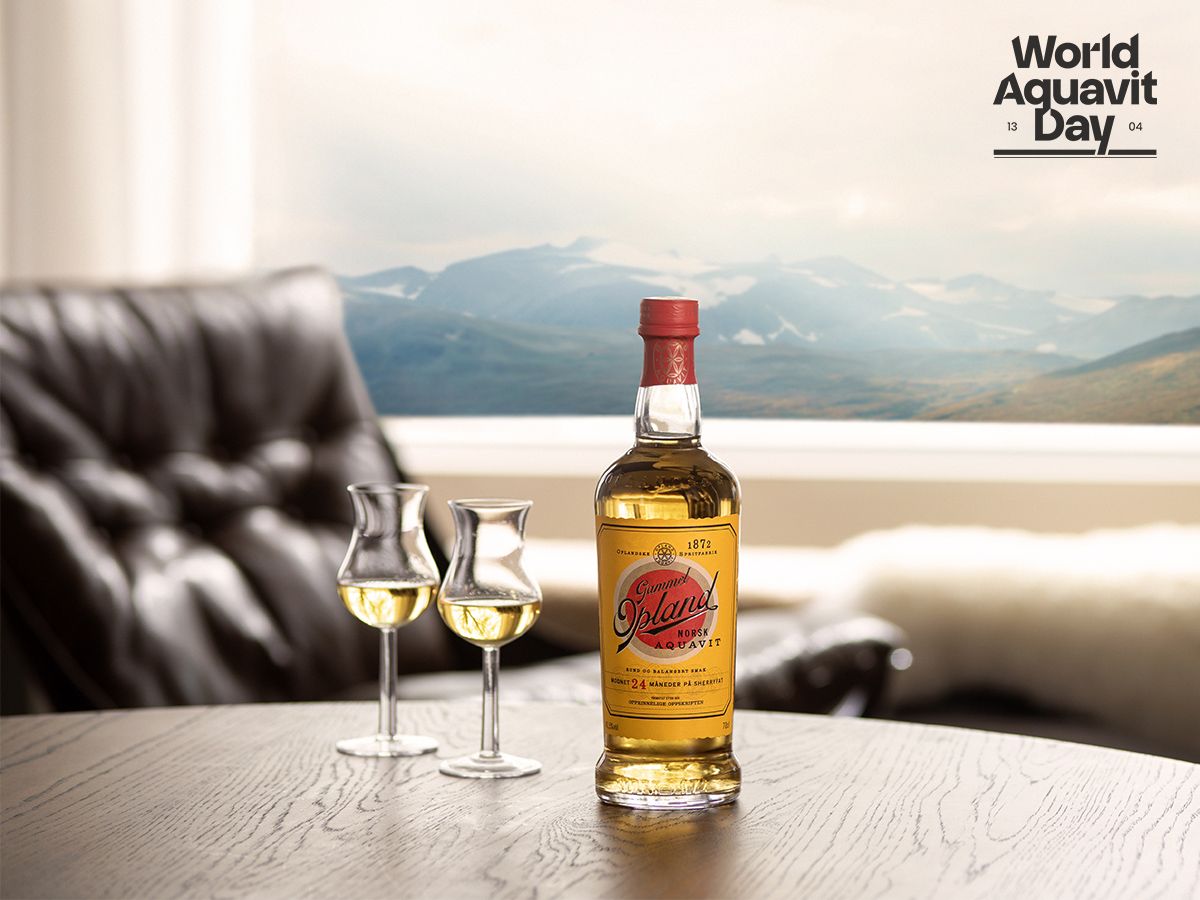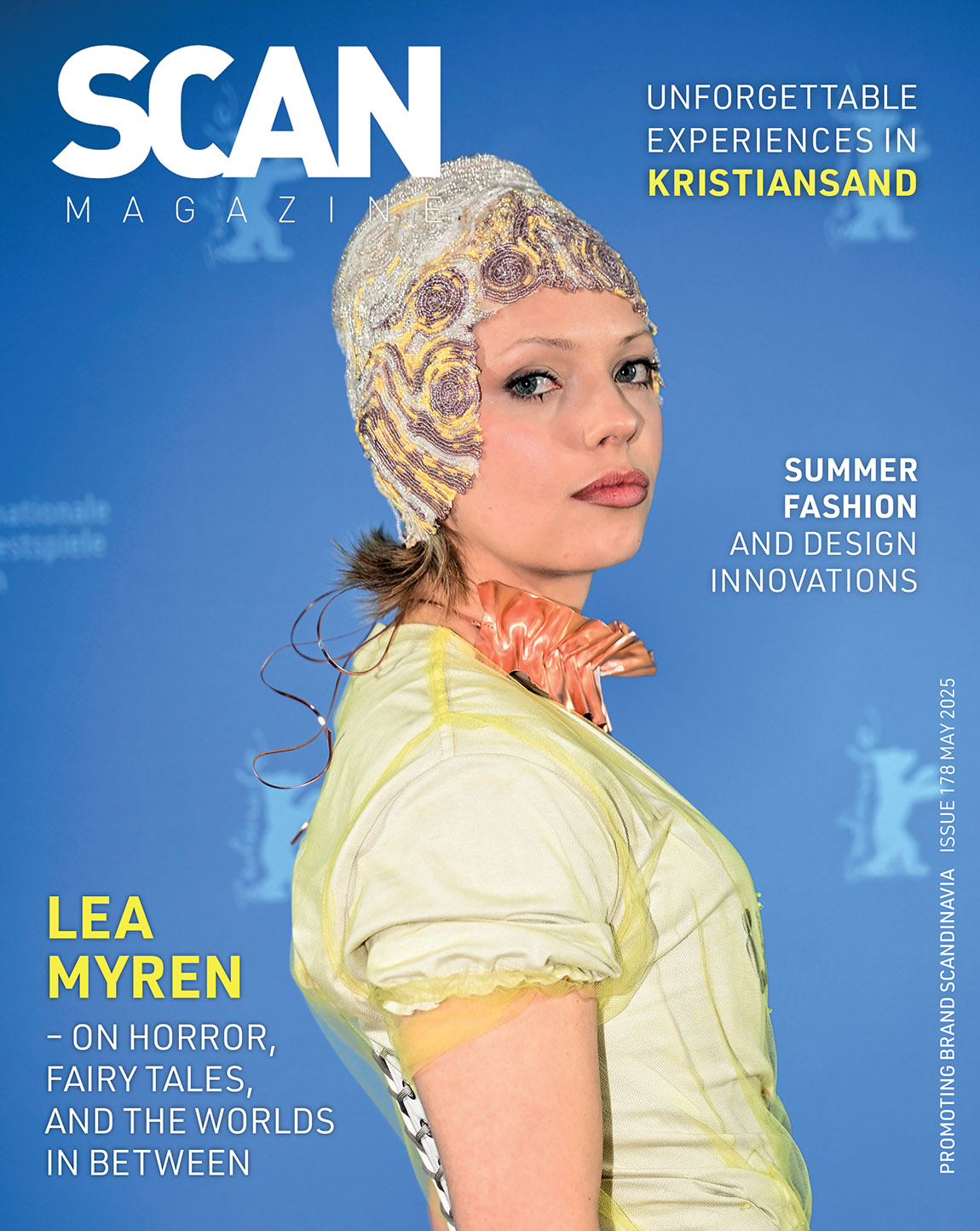Salten Algae: Future-focused algae farming company on the new frontier of sustainability
By Maria Sødal Vole
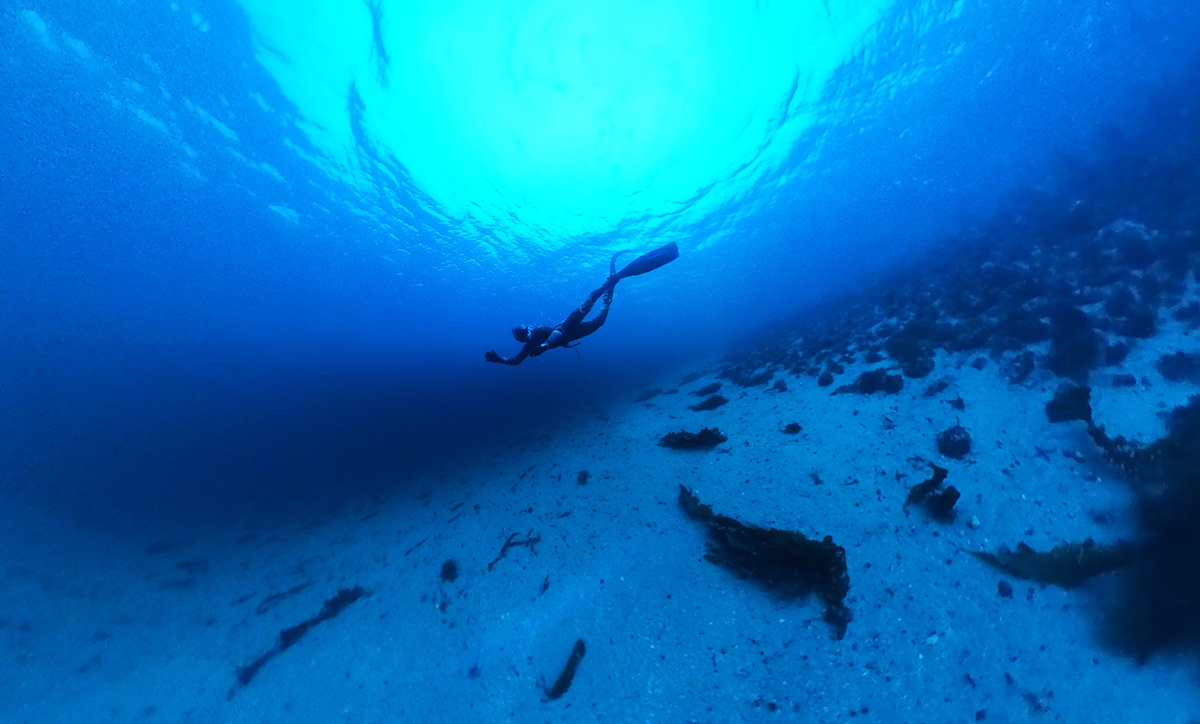
Photo: Brage Gåsvær
Seaweed is an underutilised resource with a wide range of uses. As the need for innovative solutions to unsustainable production rises, Salten Algae in the traditional district of Nordland works to produce high-quality seaweed and discover how to best make use of the varied properties of algae.
While algae production has long been a booming business in Asia, this is a relatively new industry in Norway. Salten Algae was founded in 2017 as one of the country’s first companies devoted to the cultivation of algae. Since the start, the organisation has had a long-term perspective and a focus on slow and sustainable growth. “Seaweed is a huge resource with incredible potential,” says Jarl Gåsvær, who runs the business with his brother, Brage Gåsvær. “We’re exploring a range of directions – there are so many possibilities in this field, but those opportunities won’t create themselves.”
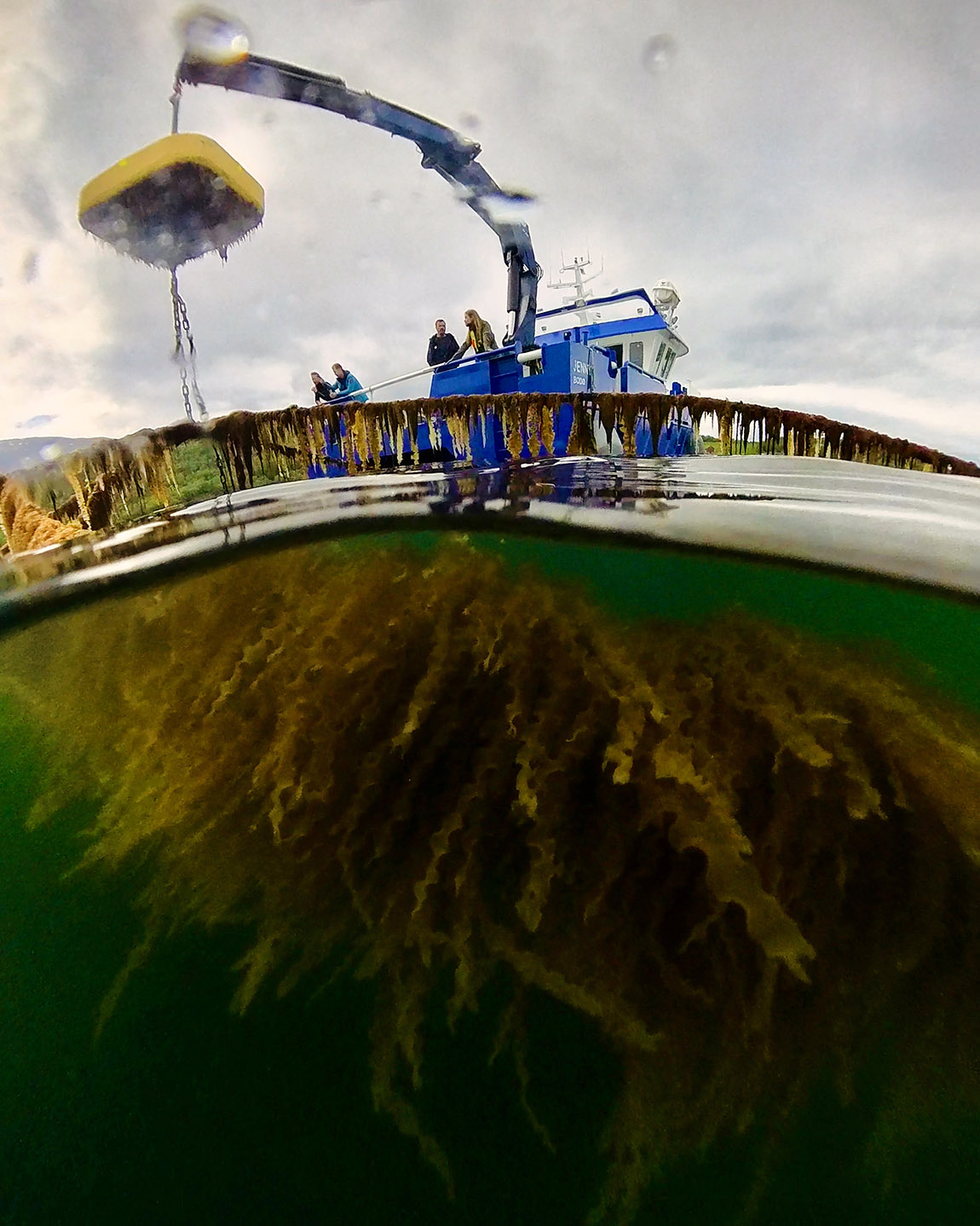
Photo: Brage Gåsvær
Algae production in Norway has been going on for less than a decade, and the first seven years were primarily dedicated to fundamental research. The country is seeing an increased demand for healthy and nutritious food produced in a sustainable way, as well as progressive ideas for natural materials that can serve a variety of functions. “Over the last couple of years, we’ve seen significant changes,” Gåsvær says. “Interest in the limitless potential of algae is increasing, and the industry in Norway must grow and produce enough to meet the need.”
Algae is an excellent sustainable food source because it contains proteins, lipids, and carbohydrates, as well as being rich in fatty acids, vitamins, minerals, and antioxidants. Salten Algae is joining forces with PurSea, an ambitious seaweed farming company based on the coast of Helgeland, with a focus on kelp processing, product development, and innovation. Together, the team is working intensively at developing seaweed-based food products that may be available as early as 2025.
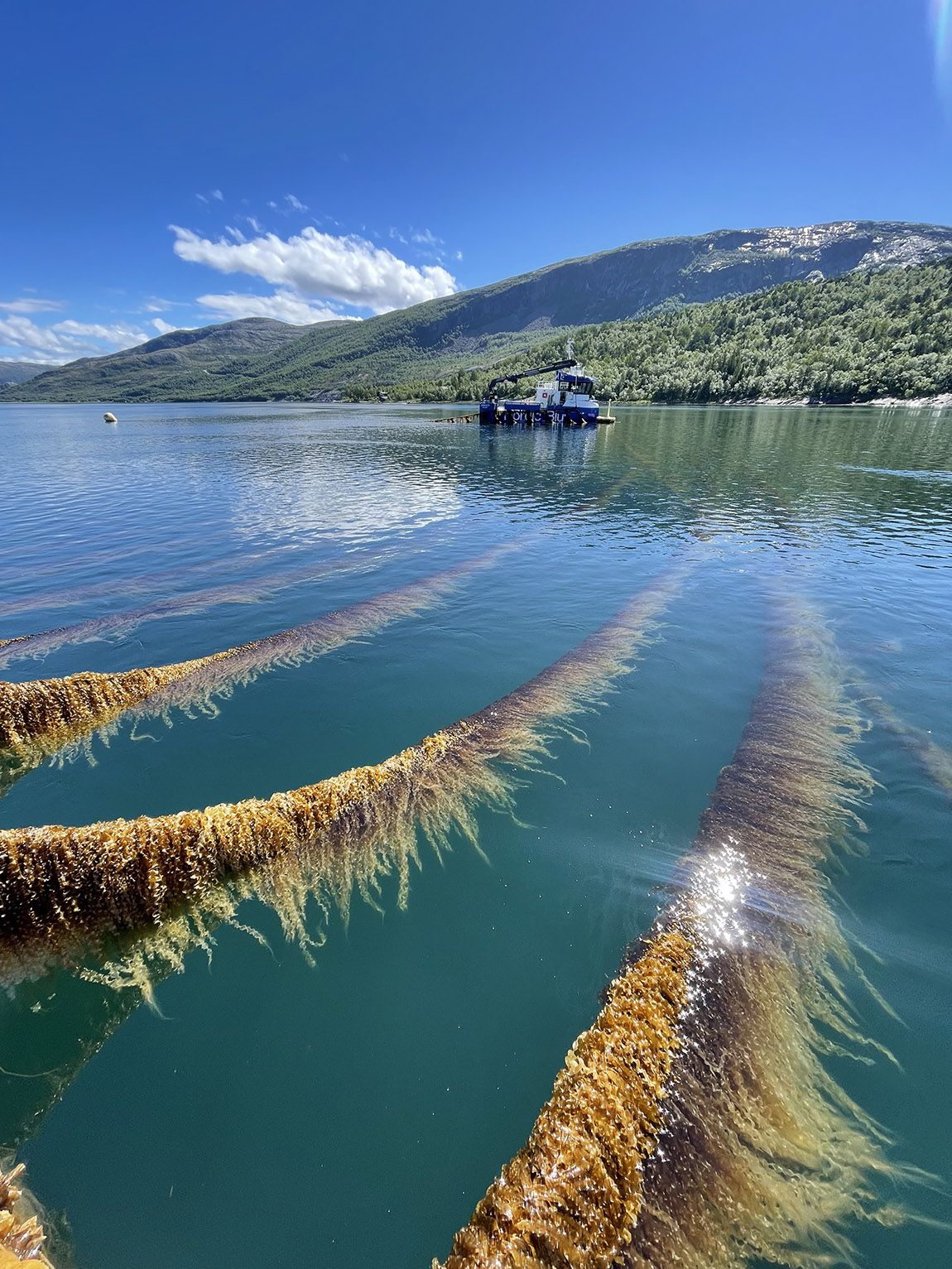
Photo: Jarl Gåsvær
The environmentally friendly resource of algae can also be used in animal and fish feed alongside a range of other uses in bioplastics, cosmetics, medicine, and more. Algae can also be used as a component in fertiliser, which could have an impact as the current fertiliser shortage threatens a global food crisis. Moreover, algae naturally absorbs CO2 as it grows, providing the potential to offset carbon emissions.
Salten Algae is part of the Salten Aqua group, a sustainably focused organisation consisting of several aquaculture companies in the Salten region. Its operations takes place close to Bodø, where the cold Arctic climate along Norway’s vast coastline provides the ideal conditions for farming algae. Salten Algae’s main sites are Skjerstadfjorden and Kvalnesbukta, with plans to expand to other areas.
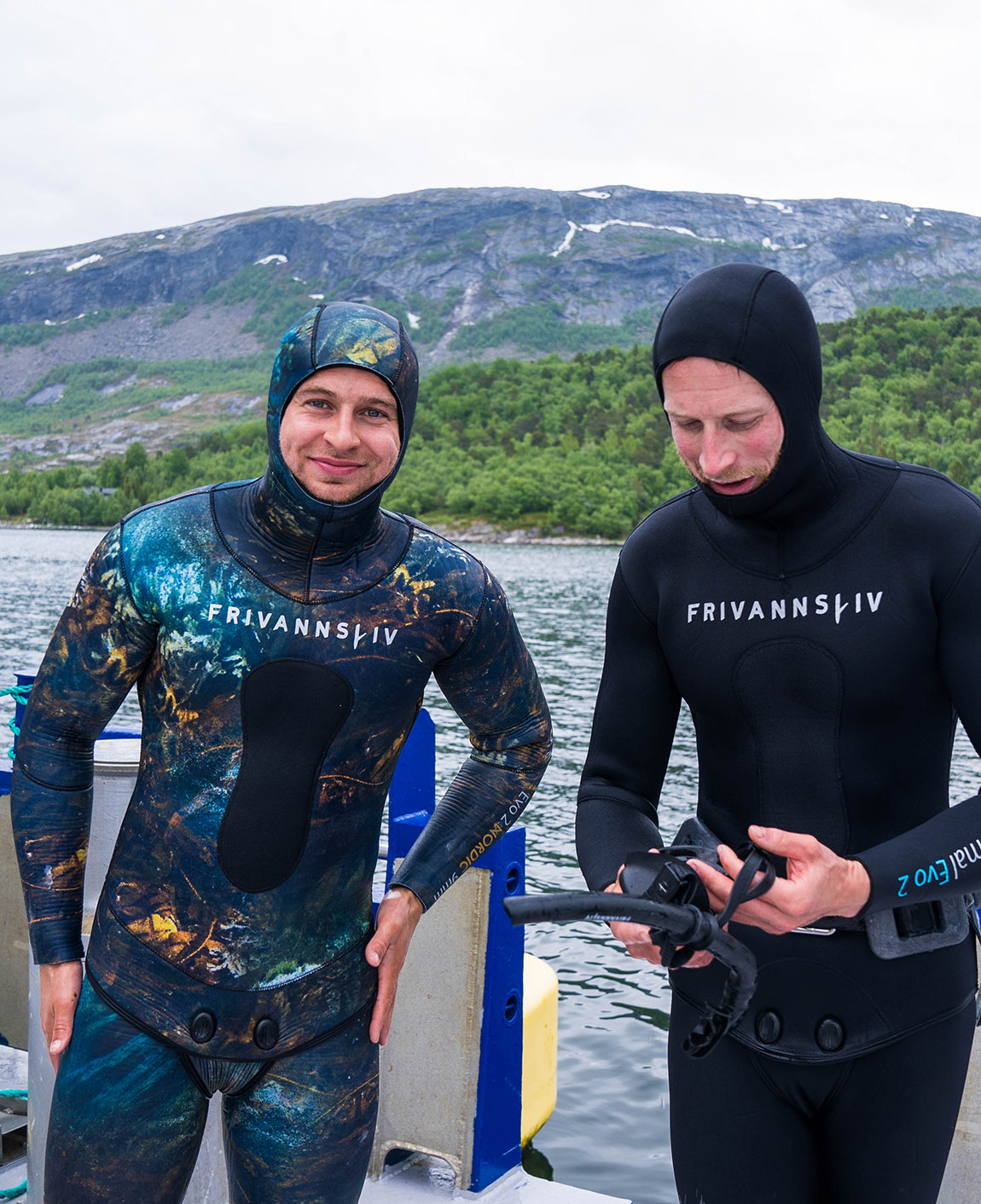
Photo: Gabin Forcier, Blutopia
Subscribe to Our Newsletter
Receive our monthly newsletter by email

